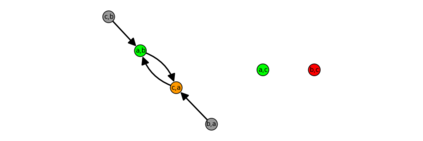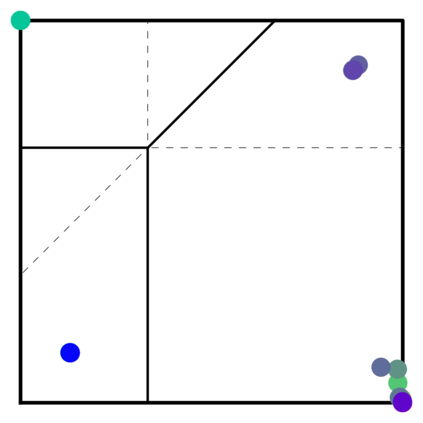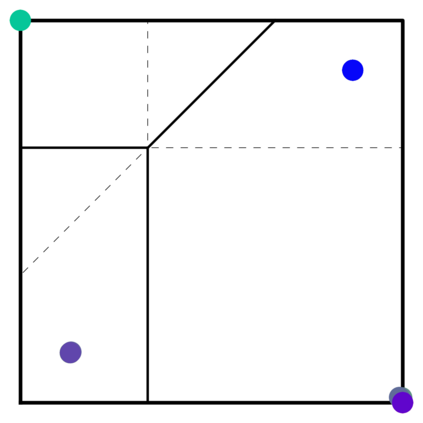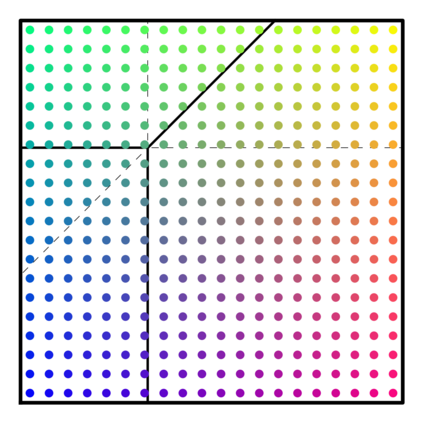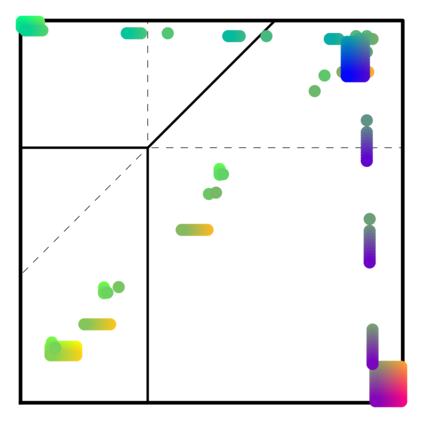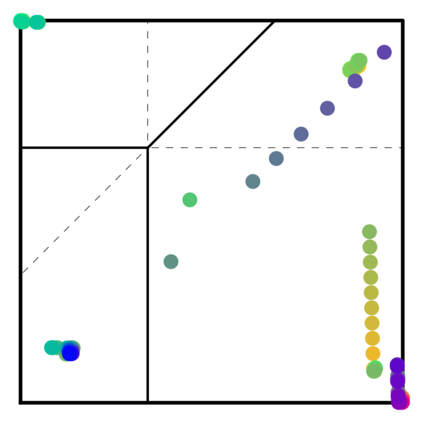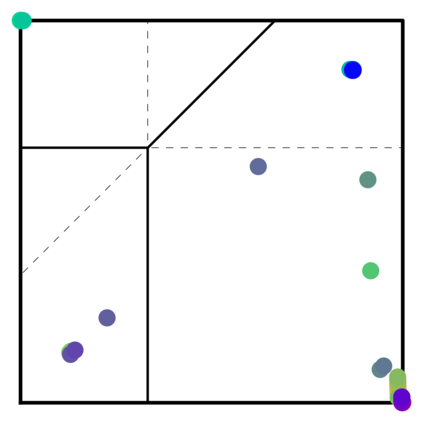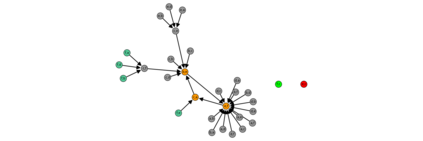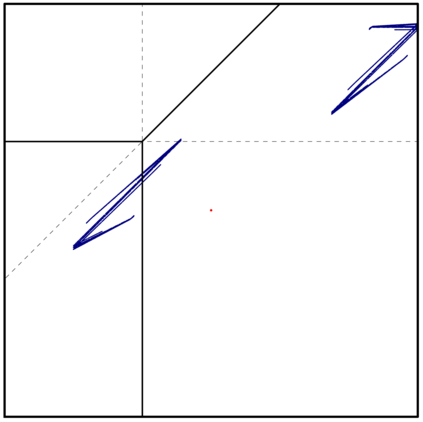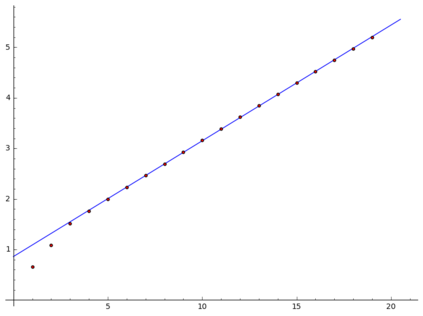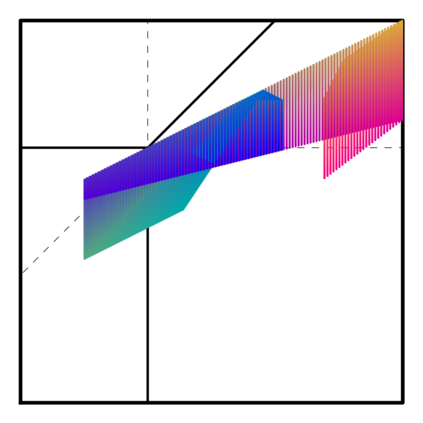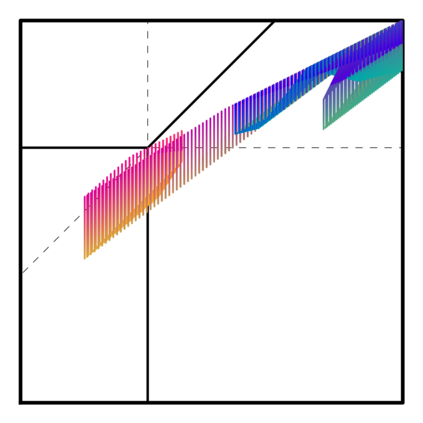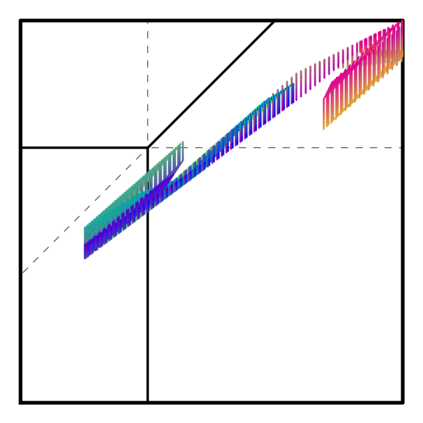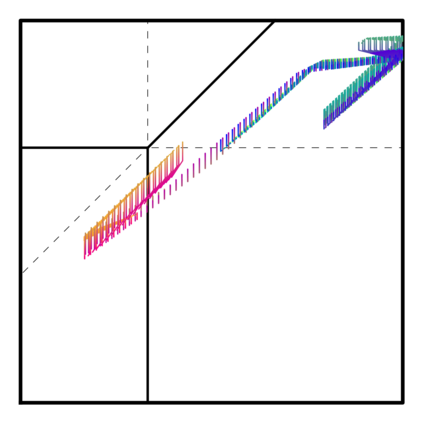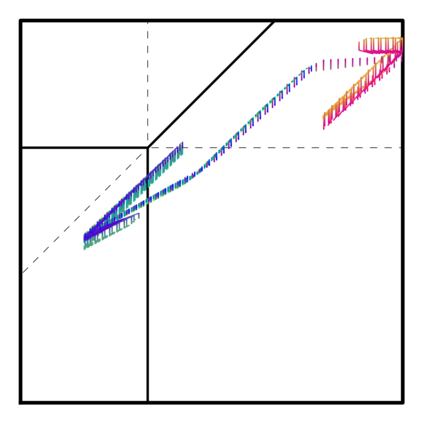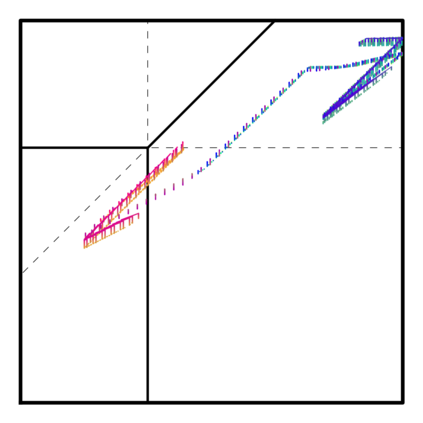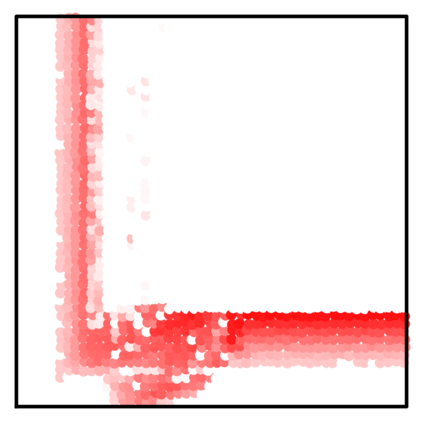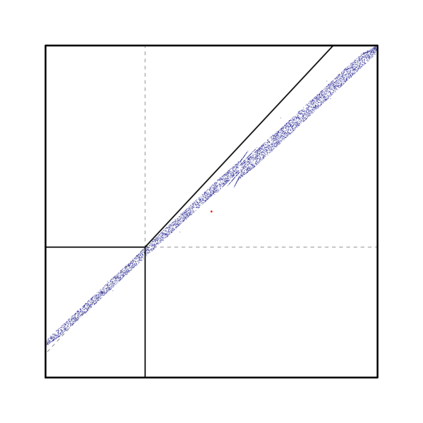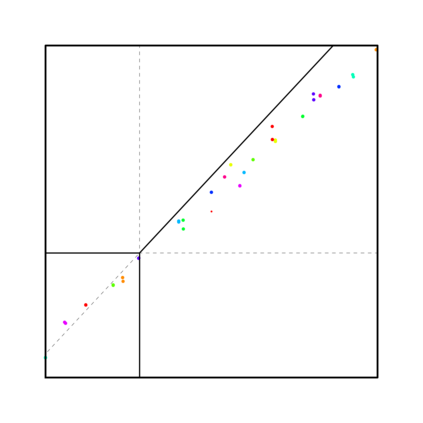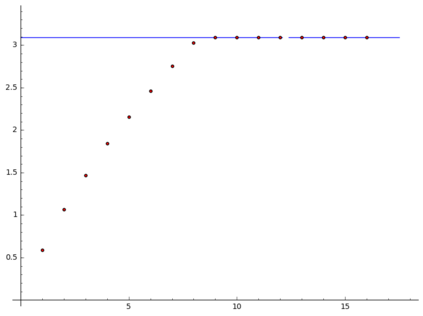
We consider synchronous iterative voting, where voters are given the opportunity to strategically choose their ballots depending on the outcome deduced from the previous collective choices.We propose two settings for synchronous iterative voting, one of classical flavor with a discrete space of states, and a more general continuous-space setting extending the first one. We give a general robustness result for cycles not relying on a tie-breaking rule, showing that they persist under small enough perturbations of the behavior of voters. Then we give examples in Approval Voting of electorates applying simple, sincere and consistent heuristics (namely Laslier's Leader Rule or a modification of it) leading to cycles with bad outcomes, either not electing an existing Condorcet winner, or possibly electing a candidate ranked last by a majority of voters. Using the robustness result, it follows that those "bad cycles" persist even if only a (large enough) fraction of the electorate updates its choice of ballot at each iteration.We complete these results with examples in other voting methods, including ranking methods satisfying the Condorcet criterion; an in silico experimental study of the rarity of preference profiles exhibiting bad cycles; and an example exhibiting chaotic behavior.
翻译:我们考虑同步迭代投票,让选民有机会根据先前集体选择的结果从战略上选择自己的选票。 我们提出两种同步迭代投票的设置,一种是传统口味,具有离散的国家空间,另一种是更普遍的连续空间设置,延长第一个。 我们给不依赖断裂规则的周期提供一个总体稳健性结果, 表明他们坚持在足够小的干扰下对选民行为进行干扰。 然后我们在批准选民投票中举出一些例子, 采用简单、真诚和一致的超常投票( 即拉塞尔的领袖规则或对其的修改) 导致周期性循环, 导致周期性结果不好, 要么不选举现有的康多塞特赢家, 要么可能选举最后排名为多数选民的候选人。 使用稳健的结果, 其结果是这些“ 坏周期” 即使只有( 大的)部分选民在每次投票时更新其投票选择。 我们用其他投票方法的例子来完成这些结果, 包括符合康多采特标准的排序方法; 进行关于偏重度展示坏行为模式的模拟实验性研究; 并举例。

